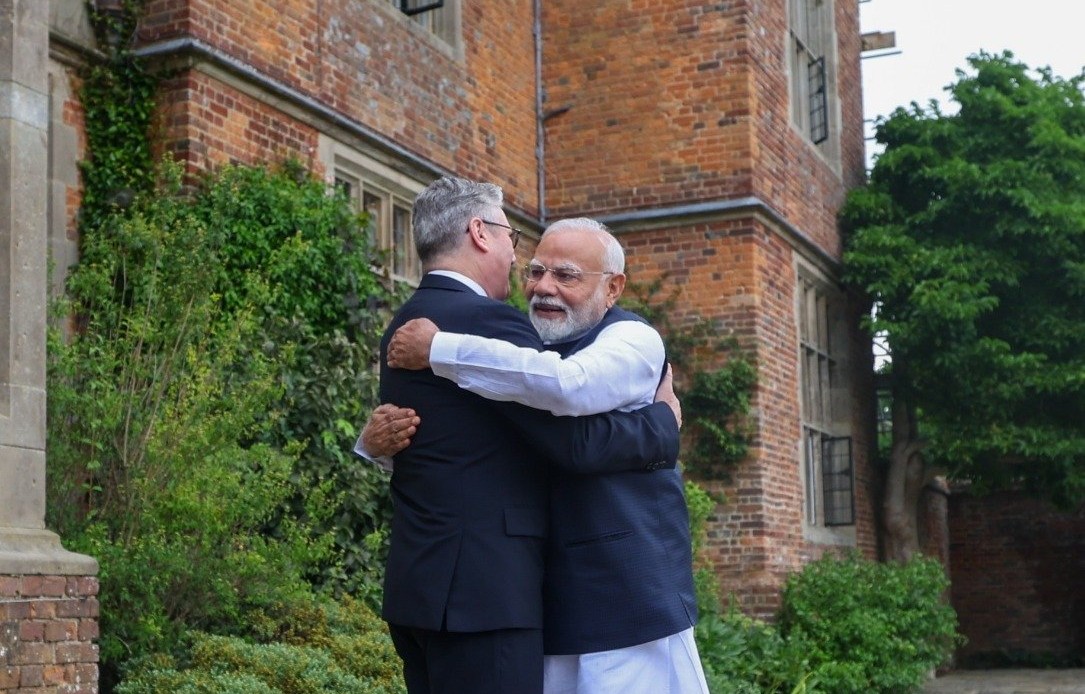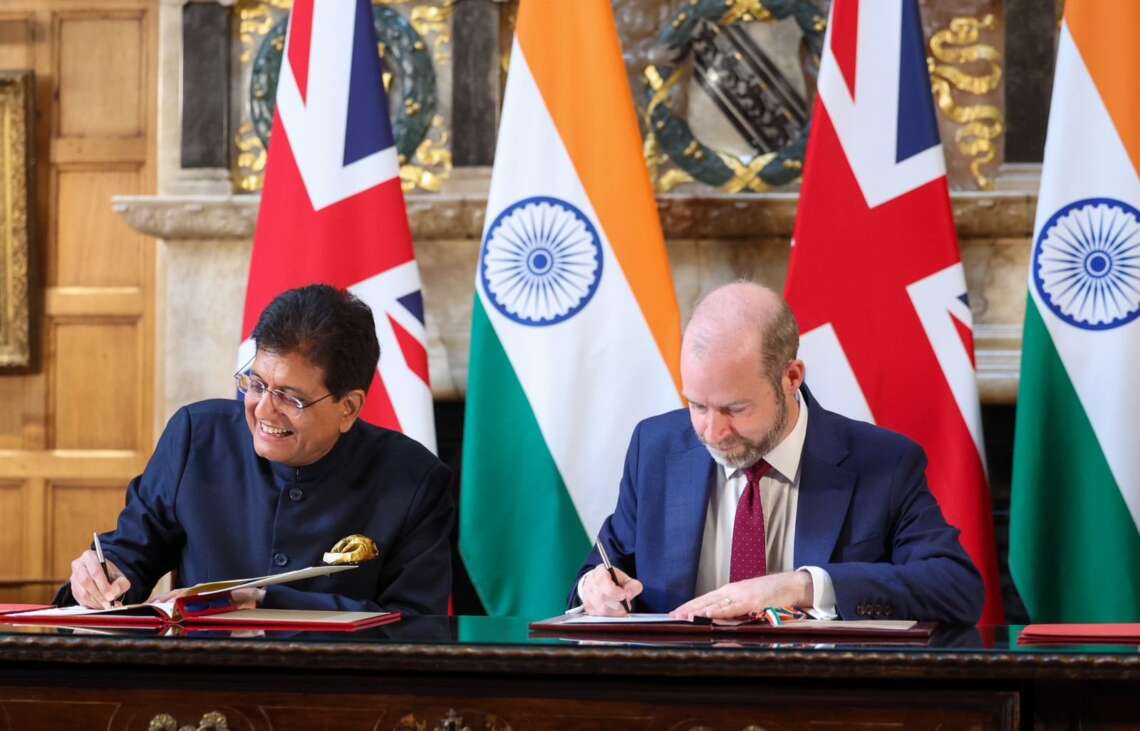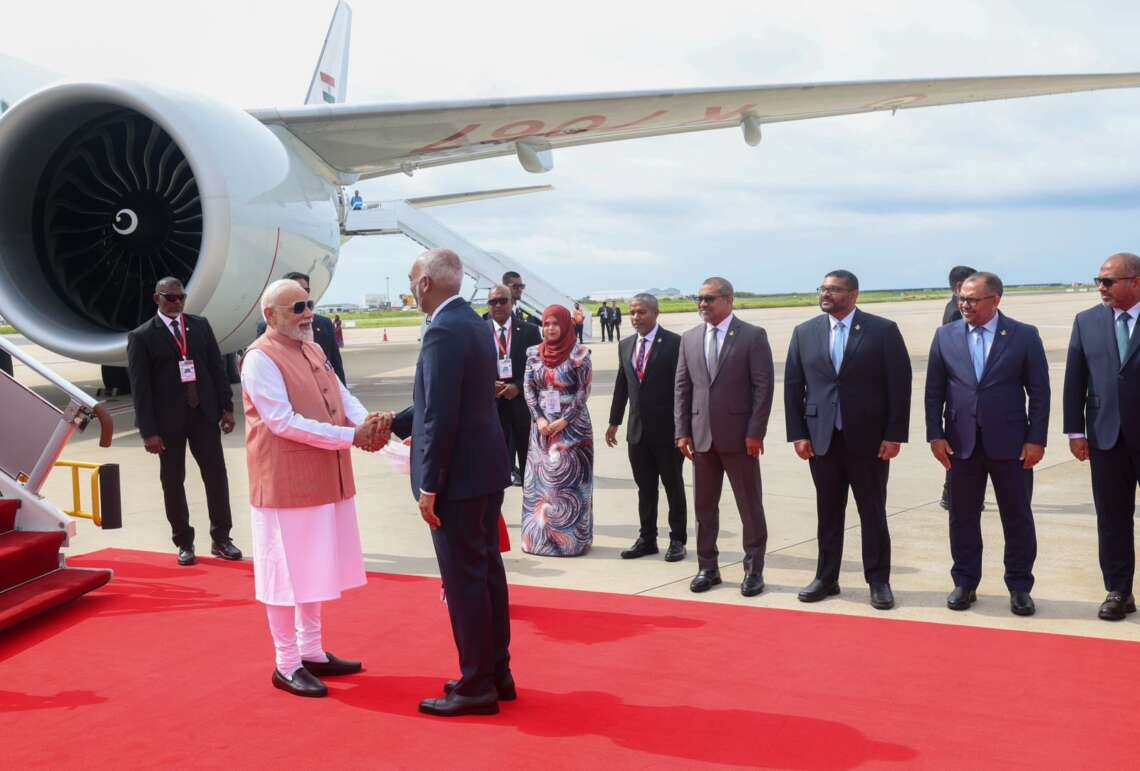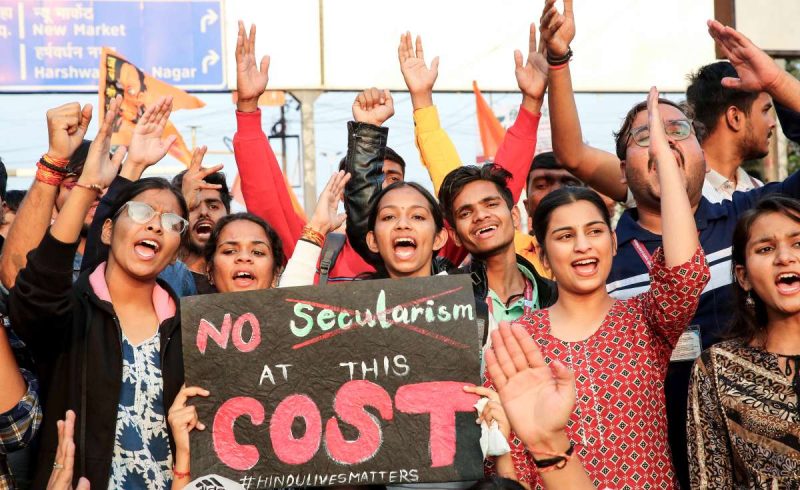£34 billion boost, sweeping tariff cuts and market access mark UK’s most ambitious post-Brexit trade pact; Indian sectors set for exports surge…reports Asian Lite News
Business leaders from both India and the United Kingdom have welcomed the signing of the long-awaited Free Trade Agreement (FTA) between the two nations, calling it a transformative moment for global trade and investment. The landmark deal, signed on Thursday by Prime Ministers Narendra Modi and Keir Starmer, slashes tariffs across key sectors and opens unprecedented market access for goods, services, and skilled professionals.
The deal, in negotiation for several years, is being hailed as the UK’s most comprehensive and economically significant trade agreement since Brexit. Industry heads predict it will inject new life into bilateral trade—currently worth over £38 billion—by increasing flows in textiles, whisky, seafood, pharmaceuticals, aerospace, agriculture, and IT.
“Indian industry across all sectors welcomes the India-UK FTA with great optimism. This agreement establishes a modern, forward-looking partnership that will stimulate innovation, ease market access, and foster investment,” said Sunil Bharti Mittal, Founder and Chairman of Bharti Enterprises and Co-Chair of the India-UK CEO Forum.
Mittal, who was part of the business delegation accompanying Prime Minister Modi, said the deal will accelerate business in growth sectors like defence manufacturing, sustainable energy, and advanced technology. “It is truly a win-win for both nations,” he added.
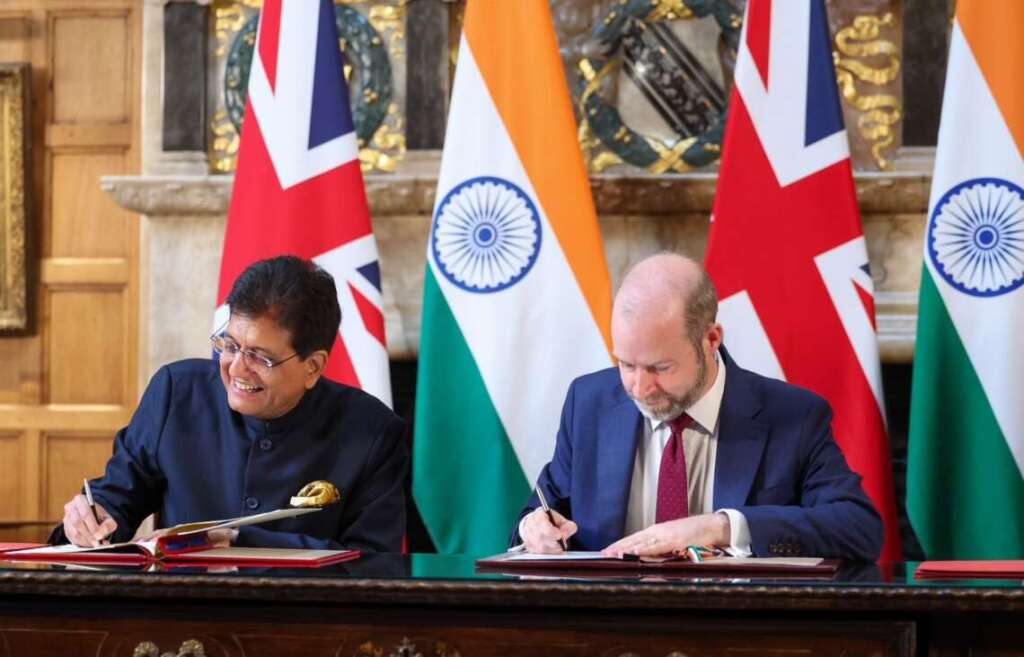
Tariff Reductions to Supercharge Key Sectors
The India-UK FTA provides for sweeping tariff reductions, with India committing to cut duties on 90 per cent of UK imports, while the UK will slash duties on 99 per cent of Indian exports.
The impact is particularly significant for labour-intensive Indian sectors such as textiles, footwear, leather, gems and jewellery, seafood, and processed food—where import duties of up to 70 per cent have now been brought down to zero.
Kirit Bhansali, Chairman of the Gem and Jewellery Export Promotion Council, projected that India’s gem and jewellery exports to the UK—currently valued at $941 million—could rise to $2.5 billion in three years, pushing overall trade in the sector to $7 billion.
Similarly, India’s marine industry stands to benefit from the elimination of duties of up to 20 per cent. “This deal opens up the UK’s £4.2 billion ($5.4 billion) marine import market. For India’s coastal economies and seafood exporters, this is a breakthrough,” said an official from the Marine Products Export Development Authority.
Indian farmers have also gained access to the UK’s $37.5 billion agricultural market, with zero-duty entry for processed foods, spices and select grains. Sensitive items such as dairy, onions, cooking oils, apples and oats, however, have been protected.
Mahindra Group CEO Dr Anish Shah described the agreement as a “blueprint for a modern, values-led global partnership.” He said, “This is not just a win for trade, but a strategic rebalancing of global commerce, grounded in innovation and inclusive growth.”
The Confederation of Indian Industry (CII), which coordinated with the UK India Business Council (UKIBC) during negotiations, expects significant movement in automotive parts, pharmaceuticals, chemicals and base metals, which now face zero or drastically reduced tariffs compared to earlier rates of 8 to 10 per cent.
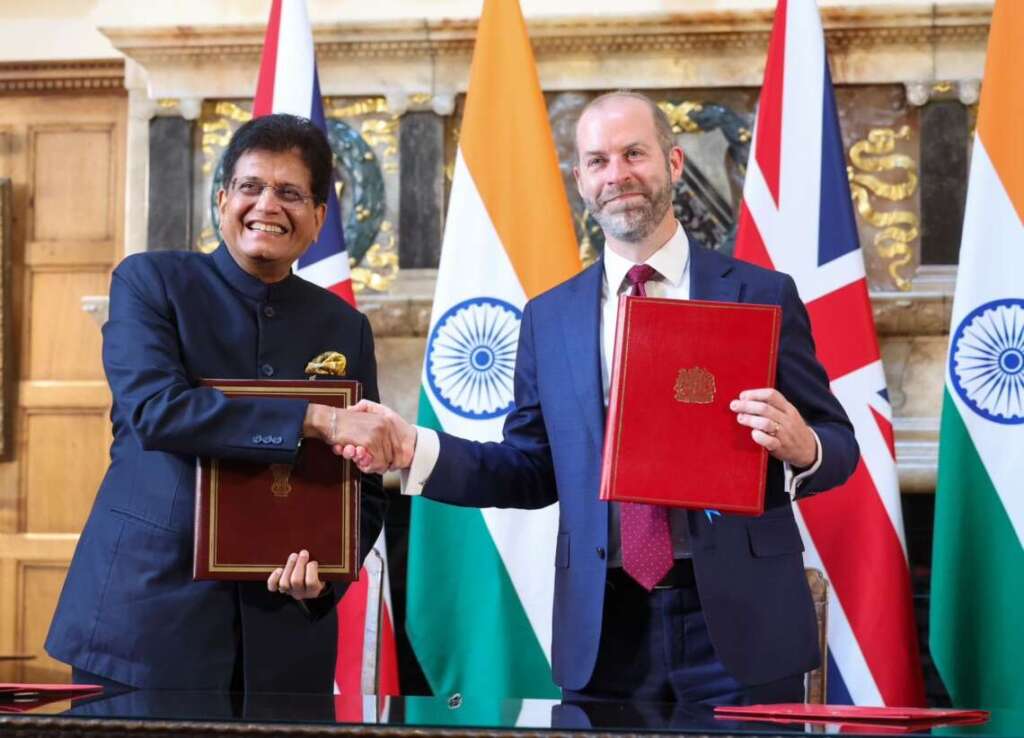
UK’s Gains
On the UK side, the benefits of the FTA are equally pronounced. With tariffs removed on Scotch whisky, luxury vehicles, medical devices and advanced manufacturing components, British exporters are eyeing a sharp rise in demand from India’s burgeoning middle class.
The service sector is also expected to see growth, with Indian demand for financial services, consultancy, legal assistance and fintech opening new avenues for British firms in Delhi, Mumbai, Bengaluru and Hyderabad.
More importantly, the deal enhances the movement of skilled professionals. It provides better visa clarity and temporary work access for up to 1,800 Indian chefs, yoga instructors and classical musicians to offer services in the UK.
Crucially, the agreement includes a Double Contributions Convention (DCC), which exempts around 75,000 Indian professionals working in the UK from having to pay social security contributions in both countries—an issue that had long plagued cross-border employment.
“By cutting red tape and making the mobility of Indian professionals easier, this deal makes the UK an even more attractive destination for talent,” said a senior official in the UK Department for Business and Trade.
New business opportunities are also being unlocked for Indian MSMEs, which can now bid for UK government procurement contracts. The FTA also includes a framework for simplified customs rules, fair competition, and equal treatment in the services and investment domains.
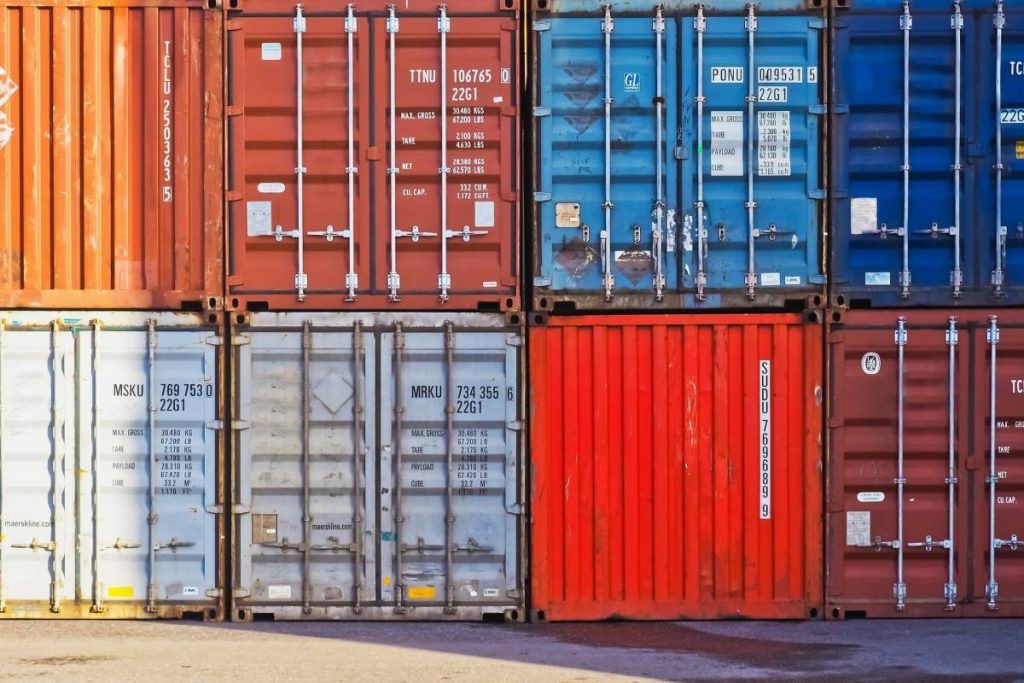
A Strategic Partnership for a New Global Era
While the economic gains dominate headlines, both Prime Ministers framed the agreement as part of a broader diplomatic and strategic reset.
Calling the pact “historic,” Prime Minister Modi said it “does not merely pave the way for economic partnership, but is also a blueprint for shared prosperity and global stability.” He said it would especially benefit “youth, farmers, fishermen and MSMEs” in India.
Modi and Starmer also launched the India-UK Vision 2035 Strategy, outlining long-term collaboration in areas such as climate change, education, health, defence, and emerging technologies.
“Along with this trade agreement, we’ve reached consensus on the Double Contributions Convention and a Defence Industrial Roadmap. We will work together from AI to critical minerals, semiconductors to cybersecurity,” said Modi.
Starmer emphasised the wider geopolitical significance of the deal: “We are entering a new global era—one that requires us to step up, not stand aside. Today’s FTA shows that the UK is open for business and ready to build meaningful partnerships.”
The defence partnership will include joint development in manufacturing, technology transfer, and maritime security. In technology, both sides celebrated the one-year anniversary of the Technology Security Initiative, aimed at promoting innovation and countering digital threats.
The education sector also saw a boost, with six UK universities set to open campuses in India. The University of Southampton’s campus in Gurugram was inaugurated last week. “This will allow for more robust people-to-people ties and knowledge transfer,” said Modi.
Diaspora, Culture and Soft Power
Acknowledging the Indian diaspora’s role in enriching UK society, Prime Minister Modi described them as a “living bridge” between the two democracies. “They didn’t just bring curry to the UK, but also creativity, commitment and character,” he said.
Modi also invoked cricket as a metaphor for Indo-UK relations: “For both of us, cricket is not just a game but a passion—and a great metaphor for our partnership. There may be a swing and a miss at times, but we always play with a straight bat.”
In a somber moment, he offered condolences to families affected by the recent Air India crash in Ahmedabad, which claimed several British lives.
He extended a formal invitation to Starmer to visit India, stating: “I hope we will have the opportunity to welcome you in India soon. Our shared future is strong, ambitious and high-scoring.”
Conclusion: Ecindionomic Alignment With Strategic Vision
As two of the world’s largest democracies and service economies, India and the UK have long shared historical ties. The new FTA represents not just a correction of trade imbalances, but a future-oriented, values-driven economic architecture.
With over £6 billion in new investment and export deals announced alongside the agreement—and the creation of more than 2,200 new jobs in the UK—the partnership is off to a robust start.
Whether it’s Scotch whisky or basmati rice, AI-driven fintech or climate technology, the India-UK Free Trade Agreement is set to redefine not just commerce, but the broader relationship between the two nations in the 21st century.


